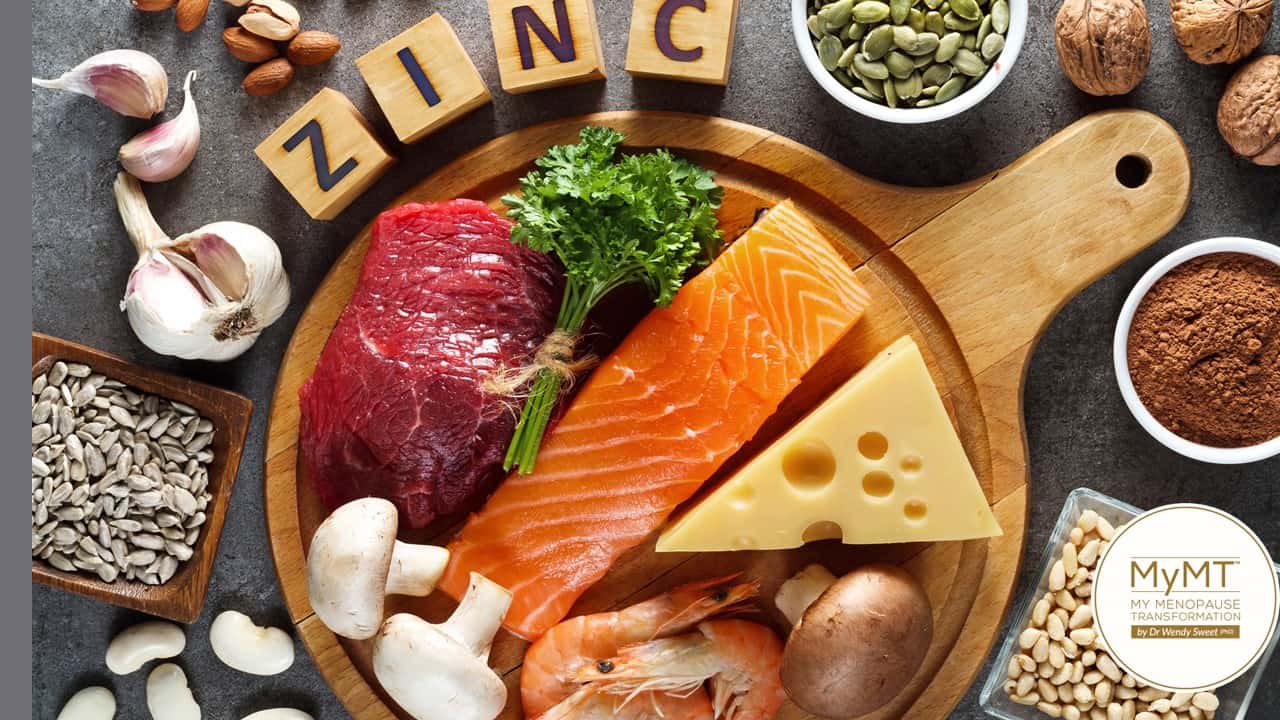The question sits in my health screening form and states, ‘Do you feel frequently tired?’ – nearly every single response out of the thousands of screening forms that women have filled in for me over the years, says ‘yes’.
This intrigues me and I always wonder two things:
- If they are vegetarian or vegan (nothing wrong with this) and,
- If they have gut health problems that have arrived in menopause.
Then I wonder if they know about the marvellous mineral that declines during menopause and ageing, called zinc. For those women also experiencing frequent hormonal headaches and migraines, this is a nutrient that must be on their radar – Zinc supplementation is iuncreasingly recognised as having a beneficial effect on the frequency of migraine attacks in women. (Ahmadi, Hedieh et al. 2020).
It’s very hard to know if we are deficient in zinc, but if your hair is falling out, or you’ve lost your libido or your energy is at rock-bottom, or you have cracks around your lips or you are feeling depressed or you have gut health concerns, or you are still in menstruating and have bad period cramps, or you have hormonal headaches and migraines, then you might want to give this mighty mineral a thought. Especially if you’ve come off meat, dairy and seafood.
Many different foods contain zinc, but those of animal-origin (organs and flesh of mammals, fish, eggs and dairy products) are the richest source of well absorbable zinc.
Plant-based foods, such as cereals, grains, nuts and legumes contain smaller and less efficiently absorbed amounts of this element, so with the turn towards plant based diets that are higher in phytates which reduce zinc absorption or a high fat diet that can overwork your liver, then zinc bio-absorption may be a problem for women needing their energy and optimal hormonal balance as they navigate mid-life.
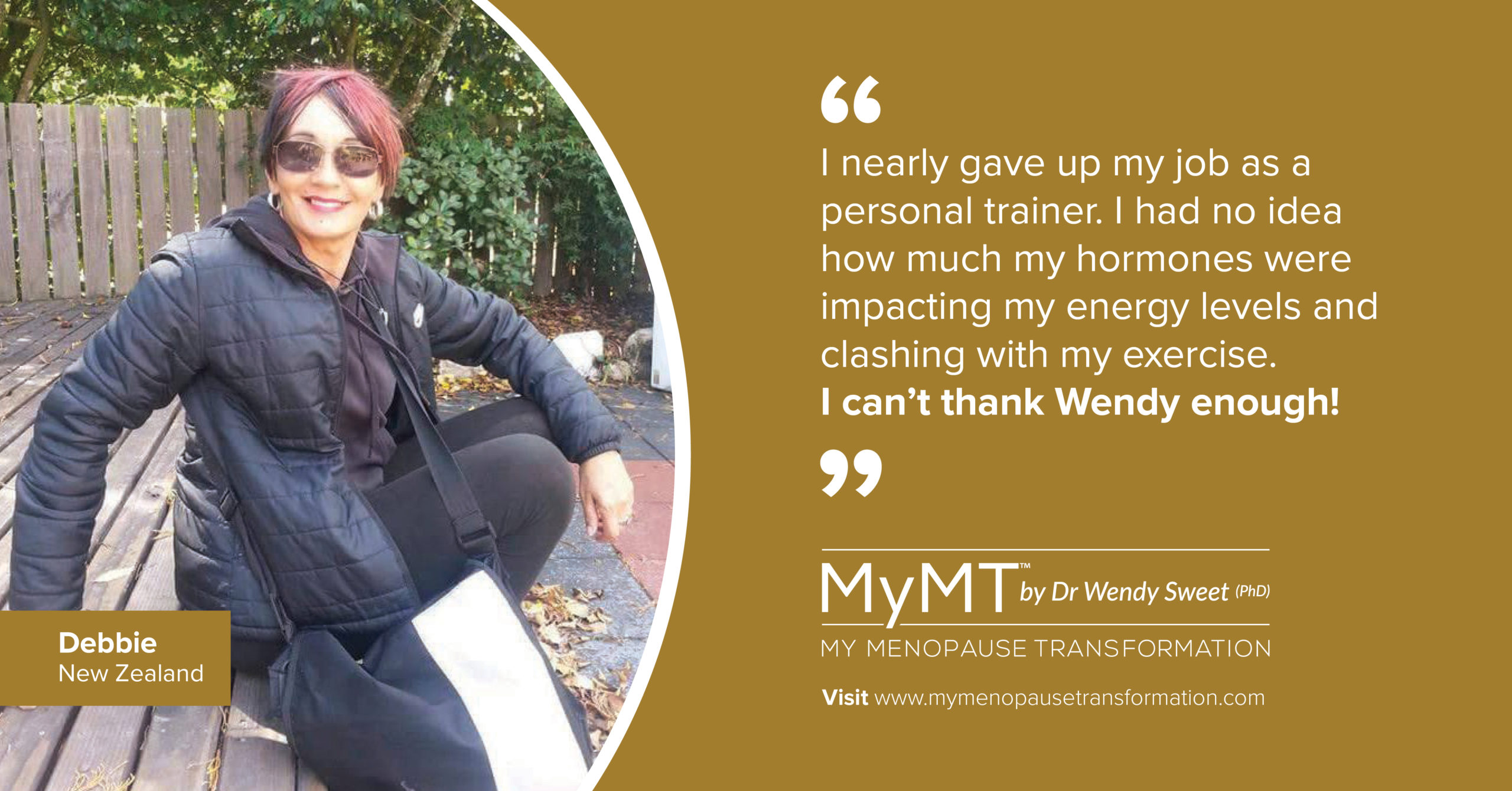
However, there’s more to my concern about zinc intake and absorption for women in menopause and post-menopause, and that is the roll-out of vaccinations around the world.
Zinc is an essential microelement that plays many important functions in the body. It is crucial for the regulation of cell growth, hormone release, immunological response and reproduction. It is well known that your nutritional state of zinc can influence your response to vaccination (Cabrera, 2015). In older people (which believe it or not, includes women over the age of 50 yrs), changes to the immune system means that zinc is needed in fighting infections, especially respiratory infections. If you’ve ever taken throat lozenges you will already know that many have high levels of zinc added to them. So too do many of those menopause supplements you might be taking.
When I did my doctoral studies on women’s health and ageing, the role of inflammation as the main determinant of our menopause symptoms was obvious. As we move into our changing oestrogen and progesterone environment and then move into post-menopause whereby periods have stopped for a year or more, our muscles, organs and blood vessels are ageing and changing. For women, these changes differ from men. Especially in the heart, liver, gut and blood vessels – all organs that have in the past, relied on the role of oestrogen to help us maintain health.
Several studies now show evidence that as we move into post-menopause, there is a systemic (all over the body) low-grade inflammation characterized with normal biological ageing. I’ve written about this in numerous articles and the new term to describe this is called ‘Inflammaging’. It’s often the underlying cause of many of women’s health changes as they transition through menopause, which of course, is the biological gateway to the next phase of our life – our ageing.
If you are feeling older than your years, then this may be why. It was the same for Helene in Edinburgh when I met her at my seminar after she did the Transform Me programme, before the world turned to chaos.
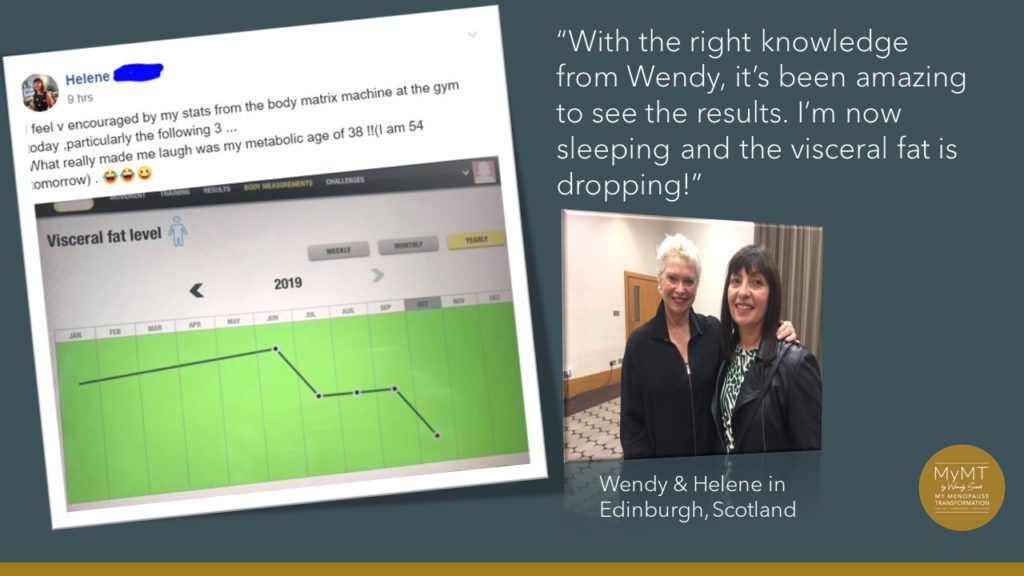
With ‘inflammaging’ changes, there is oxidative stress that builds up in tissues in such a way that proteins are altered, particularly the cells of the regulatory systems – the nervous, endocrine (hormone) and immune systems. (Cabrera, 2015). Zinc is one of the main minerals that helps these regulatory systems. Without adequate intake of zinc, we experience more inflammation, especially in our nerves (tingling and weakness or increased anxiety in menopause or your night vision is failing), our hormones (feeling depressed, tired and low libido) and in our immune system (we get frequent colds).
Without adequate zinc in our diet, or if we aren’t having the correct diet for menopause and post-menopause, then we just feel like we aren’t firing on all cylinders. It’s that important to our health and energy in mid-life.
Zinc influences cognitive functions, improves memory and minimizes the risk of depression – for those of you on anti-depressants then this is a clue to also look at your zinc intake. In addition, zinc reduces fatigue, mood swings and psychomotor hyperactivity. It is well known that zinc is crucial in aiding in the production of immune system cells and in increasing cell sensitivity to insulin. Zinc is also needed for the growth of your skin, hair and nails, as it is involved in the proper formation of connective tissues and collagen production. Because of the role of zinc in so many actions and reactions in the body, zinc deficiency may lead to severe changes in the functioning of the body, including the reproductive system. [Nasiadek, et al., 2020]
Despite our need for adequate zinc as we age, the very first zinc deficiency was actually recognised in a male in 1958. He had stunted growth as well as poor eyesight. If you feel that your eyesight is failing, it might not be all that computer or phone use, it might be that you are low in zinc. The highest concentrations are in your eyes and for those blokes in your life, the highest concentrations for them are in their prostate gland and semen. If they are low in zinc, then they won’t be firing on all cylinders either. It’s why I also encourage women on the programme to try to get any middle aged males in their life, on the Mediterranean Dietary anti-inflammatory food guide that I have. It works for them too. 🙂
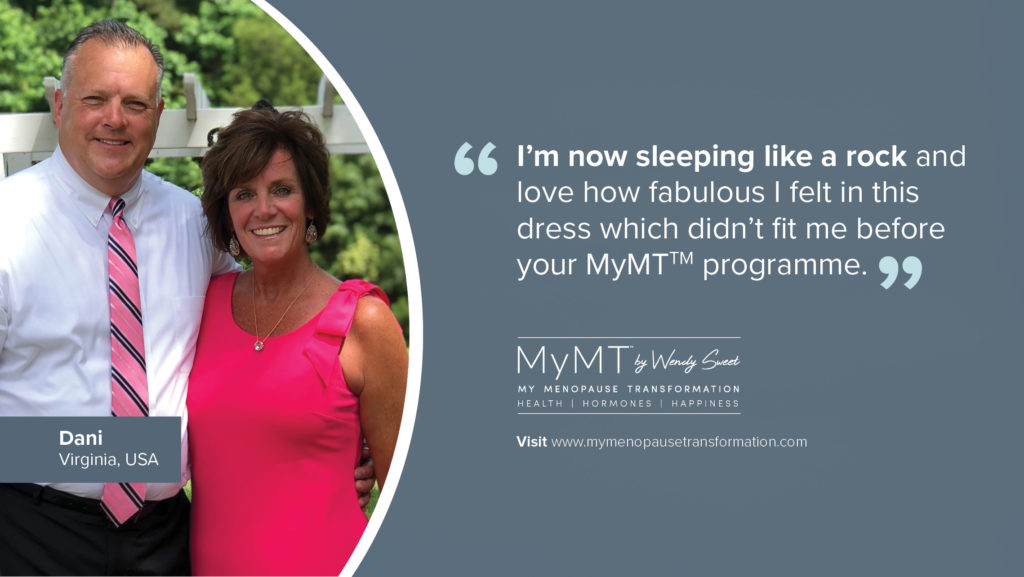
Most of the zinc that we do have in our diet is stored in muscles and bones and with the changes that arrive in menopause to both these structures, there are no surprises that zinc intake may be compromised. We are losing muscle and of course, our bones are changing with age too. Strong bones and muscles need zinc! But zinc is also needed for our energy levels, which brings me back to why I have the question about energy levels in my health screening forms.
Low energy, fatigue from not sleeping and our changing hormone status means that we must concentrate on how well we are absorbing nutrients in our diet. It’s why in the MyMT™ 12 week programmes (watch out for my July mid-year sale for women with post-menopause weight gain which I will announce over the weekend), include a brand new GUT health module. If your gut and liver health isn’t optimal, then nutrient absorption can be compromised, especially zinc. And because this powerful mineral is a constituent of a large number of enzymes (more than 150) – the role of enzymes in your body are to help with chemical reactions, especially in the production of energy), you need zinc.
As I also explain in my Food Guide, the role of zinc is integral to weight loss and your belly fat management. Zinc is essential to the synthesis (production) and action of insulin. I’ve often talked about the role of insulin in my articles.
Insulin is the hormone which is secreted by your pancreas in relation to the regulation of your blood glucose levels. You need insulin to help move glucose around the body to your brain, liver and muscles especially. If you have brain-fog, or your muscles are sorer than usual after exercise now that you are in menopause, then check your zinc intake too! Adult women need around 8mg daily. For those women who are vegetarian and not eating shellfish or other meats, then you can add foods to your diet such as:
- Cereals fortified with zinc
- Yeast fermented breads (these reduce the effect of phytates)
- Wheatgerm
- Pumpkin seeds
- Beans such as chickpeas
- Yoghurt
- Cheese
- Nuts such as almonds and walnuts (100 gms of walnuts provides around 3mg of zinc).
Studies out of the University of Tasmania (Norouzi et al, 2018) have linked dysfunctional zinc signaling with several disease states including cancer, obesity, cardiovascular disease and type 2 diabetes. All of these conditions are genuine health concerns for women as they age and move into post-menopause.
Diet is established among the most important influences on health in modern societies, but as many women who join me find, there is so much confusion about nutrition for women as they reach their menopause and post-menopause years. And yes, I found it confusing too, despite lecturing in sport and exercise nutrition at university level.
But it was doing this lecturing that made me realise that much of ‘what we know about food’ is situated in male and athlete research and not in women’s health research. When I made this connection, everything changed! And whilst the food conundrum is only one part of the MyMT™ programmes, we must understand that food genuinely is our medicine when it comes to our menopause symptoms and weight – for those of you who are struggling with sore joints, hair loss, depression and all the other symptoms that arrive in our menopause transition, I hope you can add some foods that are high in zinc into your day and restore your zest for life.
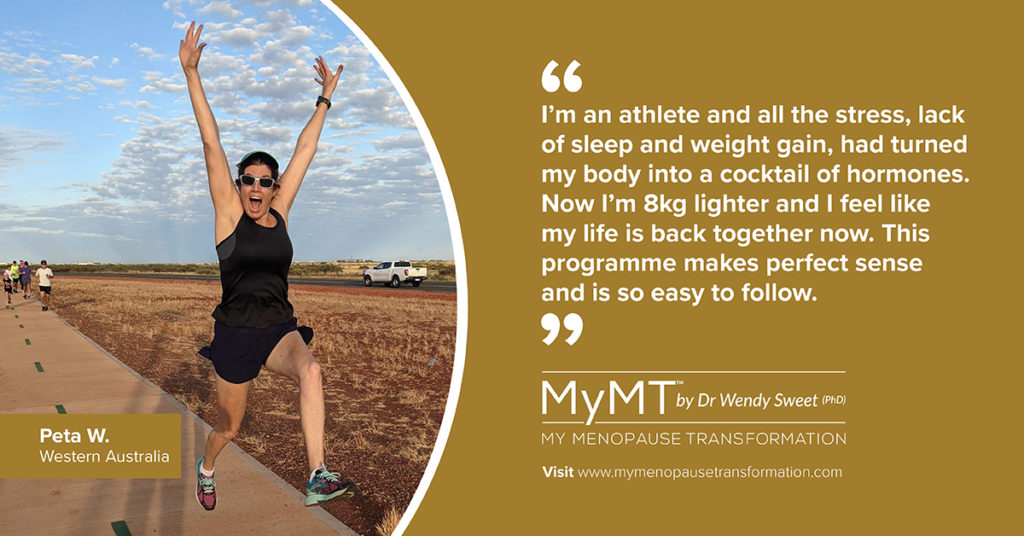
I hope you can join me sometime. You can read about how MyMT™ programmes work here.
Dr Wendy Sweet (PhD)/ MyMT™ Founder/ Member: Australasian Society of Lifestyle Medicine.
References:
Ahmadi, H., Mazloumi-Kiapey, S. S., Sadeghi, O., Nasiri, M., Khorvash, F., Mottaghi, T., & Askari, G. (2020). Zinc supplementation affects favorably the frequency of migraine attacks: a double-blind randomized placebo-controlled clinical trial. Nutrition journal, 19(1), 101. https://doi.org/10.1186/s12937-020-00618-9
Katz, D. & Mellor, S. (2014). Can we say what diet is best for health? Annual Review of Public Health, 35:1, 83-103
Mann, J. & Trusswell, S. (2007). Essentials of human nutrition. (3rd Ed). Oxford, UK: Oxford University Press.
Norouzi S., Adulcikas J., Sohal S., & Myers S. (2018). Zinc stimulates glucose oxidation and glycemic control by modulating the insulin signaling pathway in human and mouse skeletal muscle cell lines. PLoS ONE 13(1): e0191727. https://doi.org/10.1371/journal.pone.0191727
Nasiadek, M., Stragierowicz, J., Klimczak, M., & Kilanowicz, A. (2020). The role of zinc in selected female reproductive system disorders. Nutrients, 12(8), 2464. https://doi.org/10.3390/nu12082464
Preedy, V. & Watson, R. (2020). The Mediterranean Diet: An evidenced-based approach. London, UK: Academic Press.
